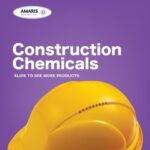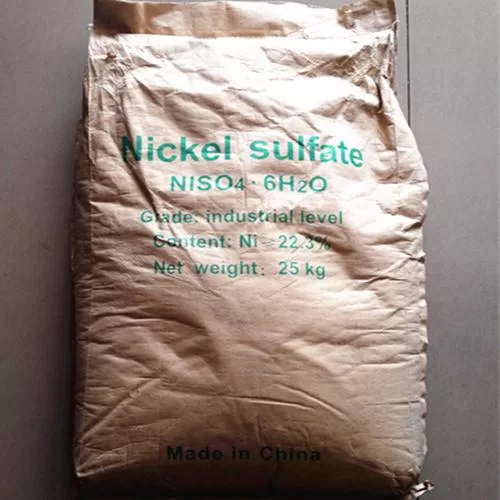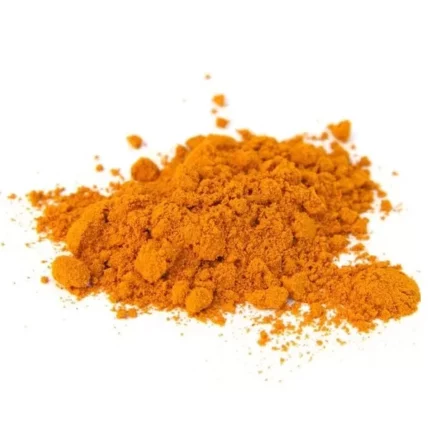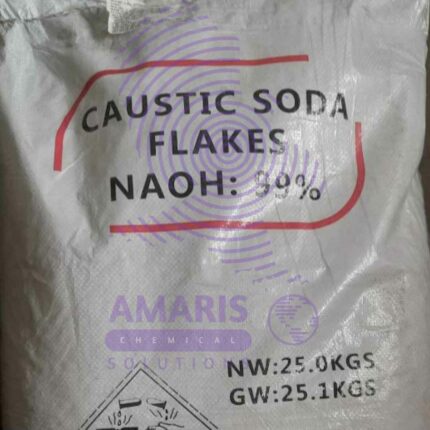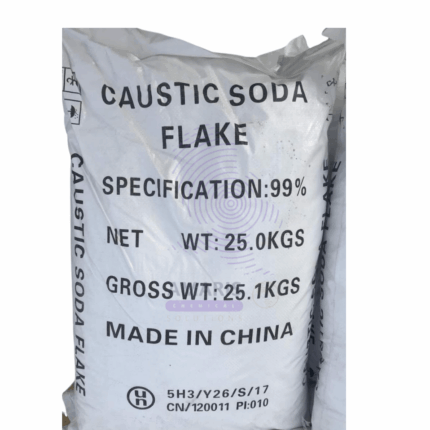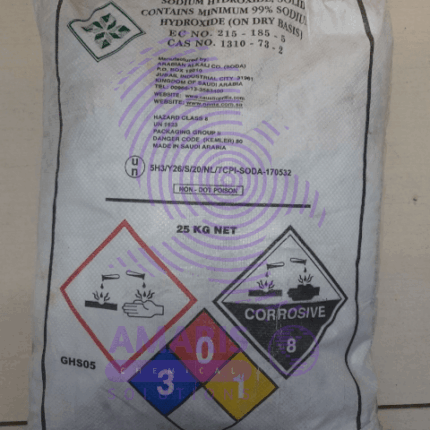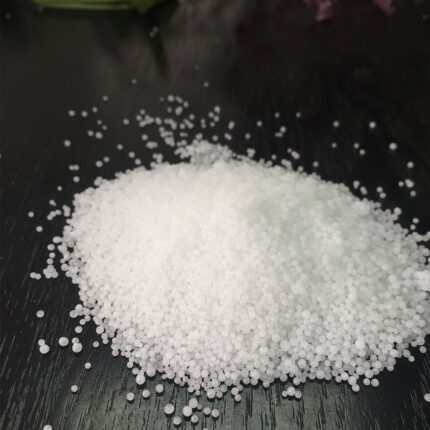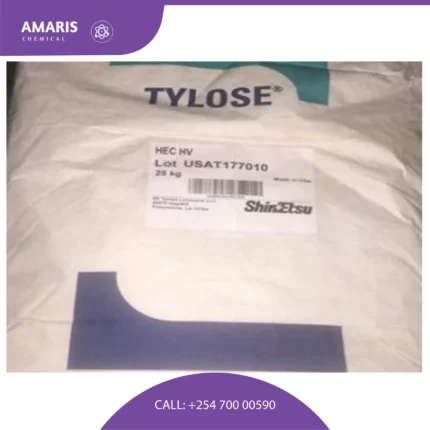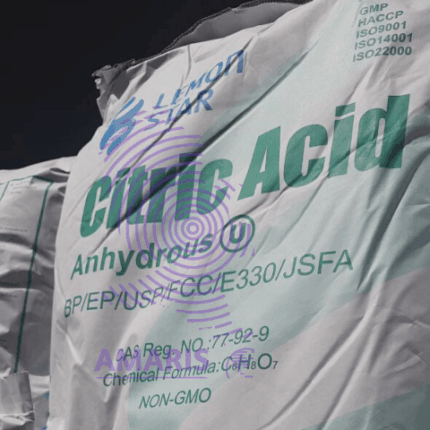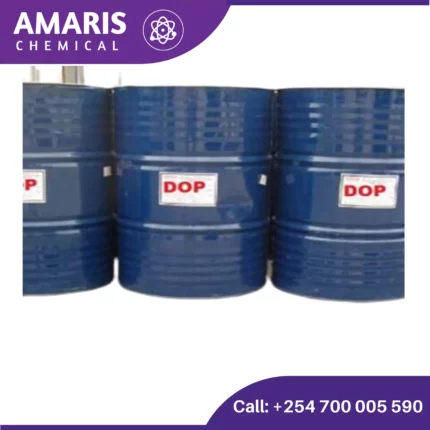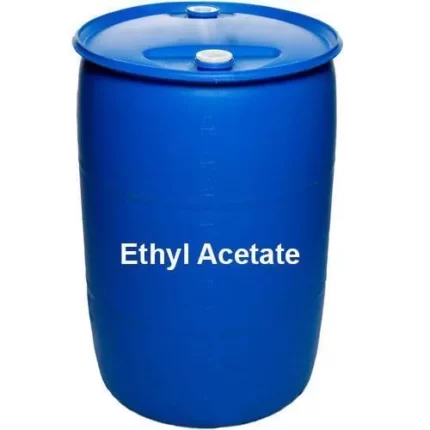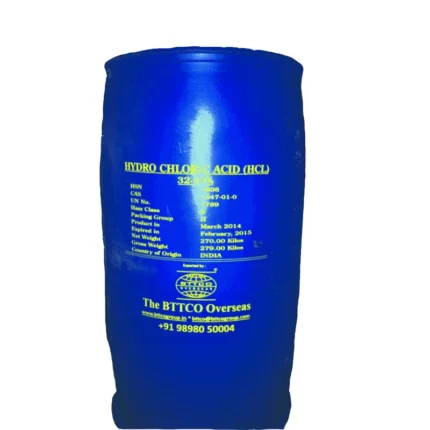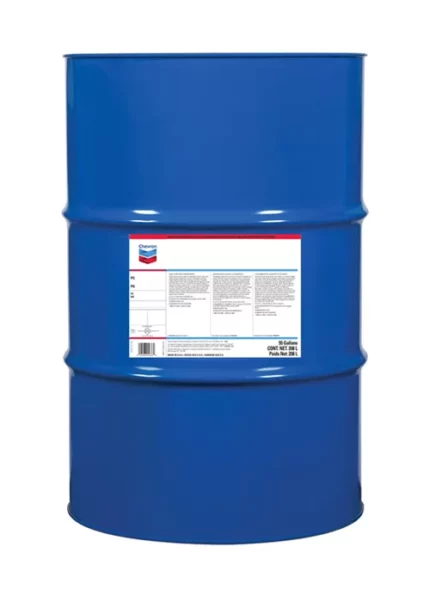Back to products
![Powder Sodium Mono Fluoro Phosphate [Na2PO3F]](https://amarischemicalsolutions.com/wp-content/uploads/2025/05/Powder-Sodium-Mono-Fluoro-Phosphate-amaris-chemical-solutions-jpg-430x430.webp)
![Powder Sodium Mono Fluoro Phosphate [Na2PO3F]](https://amarischemicalsolutions.com/wp-content/uploads/2025/05/Powder-Sodium-Mono-Fluoro-Phosphate-amaris-chemical-solutions-jpg-430x430.webp)
Powder Sodium Mono Fluoro Phosphate [Na2PO3F]
$6,700.00 Original price was: $6,700.00.$6,500.00Current price is: $6,500.00.
Nickel Sulphate [NiSO4(H2O)6]
$6,500.00 Original price was: $6,500.00.$6,400.00Current price is: $6,400.00.
Whatsapp Order
Nickel sulfate, also known as nickel(II) sulfate or just nickel sulfate, is a chemical compound with the formula NiSO₄. It is a crystalline solid that is highly soluble in water. Here are some key points about nickel sulfate:
- Chemical Formula: NiSO₄
- Appearance: Nickel sulfate usually appears as a green or blue crystalline solid, depending on its hydration state.
- Hydrates: It forms several hydrates, the most common being the hexahydrate (NiSO₄·6H₂O), which is blue in color.
- Solubility: It is highly soluble in water, which makes it easy to dissolve in aqueous solutions.
- Applications:
- Electroplating: Nickel sulfate is commonly used in electroplating to apply a layer of nickel onto metals.
- Catalysis: It serves as a catalyst in certain chemical reactions.
- Ink Manufacturing: It is used in the production of ink.
- Battery Manufacturing: Nickel sulfate is used in the production of rechargeable batteries, particularly nickel-cadmium batteries.
- Agriculture: It is sometimes used as a micronutrient in fertilizers for crops.
- Hazards: Nickel sulfate is toxic if ingested or inhaled in large amounts. Prolonged exposure can cause skin allergies or respiratory issues in sensitive individuals.
SKU:
ACS86872CHEM0
Category: OTHERS
Description
Nickel Sulphate
- Electroplating: One of the most significant uses of nickel sulfate is in electroplating. It is commonly used to electroplate nickel onto metal surfaces, providing corrosion resistance, improved wear resistance, and aesthetic appeal. Nickel-plated items include automotive parts, household goods, and industrial machinery components.
- Battery Manufacturing: Nickel sulfate is essential in the production of rechargeable batteries, particularly nickel-cadmium (Ni-Cd) and nickel-metal hydride (Ni-MH) batteries. It serves as a key component in the formulation of battery electrode materials, contributing to the battery’s performance and longevity.
- Catalysis: Nickel sulfate acts as a catalyst in various chemical reactions, particularly in organic synthesis and hydrogenation processes. It facilitates reactions by lowering activation energy, enhancing reaction rates, and improving selectivity in certain chemical transformations.
- Ink Manufacturing: In the printing industry, nickel sulfate is used in the formulation of specialty inks, such as those used in gravure and flexographic printing processes. These inks often require specific chemical properties and adhesion characteristics that nickel sulfate helps achieve.
- Agricultural Applications: Nickel is an essential micronutrient for plant growth. Nickel sulfate is used in agriculture as a fertilizer additive to address nickel deficiencies in soils, particularly in regions where the natural nickel content is insufficient for optimal crop growth. Nickel plays a crucial role in the metabolism of certain plants, contributing to their overall health and productivity.
Related products
Caustic Soda Flakes 25 kg bags
Caustic Soda Flakes (Sodium hydroxide,) commonly known as caustic soda or lye, is a highly caustic and alkaline compound that is used in various industries for its strong basic properties, including the production of soaps, detergents, and paper. It is a white, odorless solid that is highly soluble in water and can be extremely hazardous if not handled properly. Sodium hydroxide is a strong base that can cause severe burns and tissue damage upon contact with skin and other organic matter.
Caustic Soda Pearls 25 kg bag
Sodium hydroxide, commonly known as caustic soda or lye, is a highly caustic and alkaline compound that is used in various industries for its strong basic properties, including the production of soaps, detergents, and paper. It is a white, odorless solid that is highly soluble in water and can be extremely hazardous if not handled properly. Sodium hydroxide is a strong base that can cause severe burns and tissue damage upon contact with skin and other organic matter.
Cellozize (Tylose) 25kg bag
Tylose refers to a type of modified cellulose, also known as hydroxyethyl cellulose, that is commonly used as a thickening agent, stabilizer, and emulsifier in a variety of industrial and food applications. It is a white, odorless, and tasteless powder that is soluble in water and forms a clear or slightly turbid solution. Tylose is commonly used in the food industry to improve the texture and consistency of various products such as ice cream, sauces, dressings, and baked goods.
Citric Acid Anhydrous 25kg
Citric acid is a weak organic acid that occurs naturally in citrus fruits such as lemons, limes, oranges, and grapefruits. It is a tricarboxylic acid with the chemical formula C6H8O7 and is commonly used as a food additive, preservative, and flavoring agent. Citric acid is also used in the pharmaceutical industry, as a chelating agent in cleaning and personal care products, and in the production of cosmetics and detergents. It is a white crystalline powder with a sour taste and is soluble in water.
DOP (Dioctyl Phthalate) 200 kg drum
Dioctyl phthalate (DOP) is a clear, colorless liquid with a slightly fruity odor. It is a commonly used industrial chemical and a type of phthalate ester, which is a plasticizer. DOP is often added to plastics, such as polyvinyl chloride (PVC), to make them more flexible and easier to process. It is also used as a solvent and a lubricant in a variety of industrial and consumer applications. However, due to concerns about its potential health and environmental effects, DOP is being replaced by other plasticizers in many applications.
Ethyl Acetate 210 kg Drum
Hydrochloric Acid ( HCL ) 270 kg Drum
Hydrochloric acid (HCl) is a strong, colorless, and highly corrosive acid that is widely used in industry and laboratory applications. It is a solution of hydrogen chloride gas in water and is commonly known as muriatic acid. Hydrochloric acid is a highly reactive compound that can dissolve many metals and organic materials, and it is also an important component of the gastric acid in the stomach, where it helps in the digestion of food. Hydrochloric acid has a pungent odor and can cause severe burns and eye damage if handled improperly. It is commonly used in the production of PVC plastics, fertilizers, and various other chemicals, and it is also used in the petroleum industry for the removal of impurities from oil and gas wells.


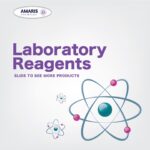
 LABORATORY EQUIPMENT & APPARATUS
LABORATORY EQUIPMENT & APPARATUS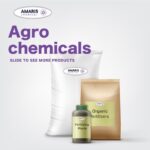
 Fertilizers
Fertilizers Plant Growth Regulators
Plant Growth Regulators Soil Conditioners
Soil Conditioners Animal Feed Additives
Animal Feed Additives Biostimulants
Biostimulants Dough Conditioners
Dough Conditioners Flour Treatments
Flour Treatments Fat Replacers
Fat Replacers Preservatives (baking)
Preservatives (baking)
 Surfactants (cleaning)
Surfactants (cleaning) Builders
Builders Bleaching Agents
Bleaching Agents Enzymes
Enzymes Solvents (cleaning)
Solvents (cleaning) Fragrances
Fragrances